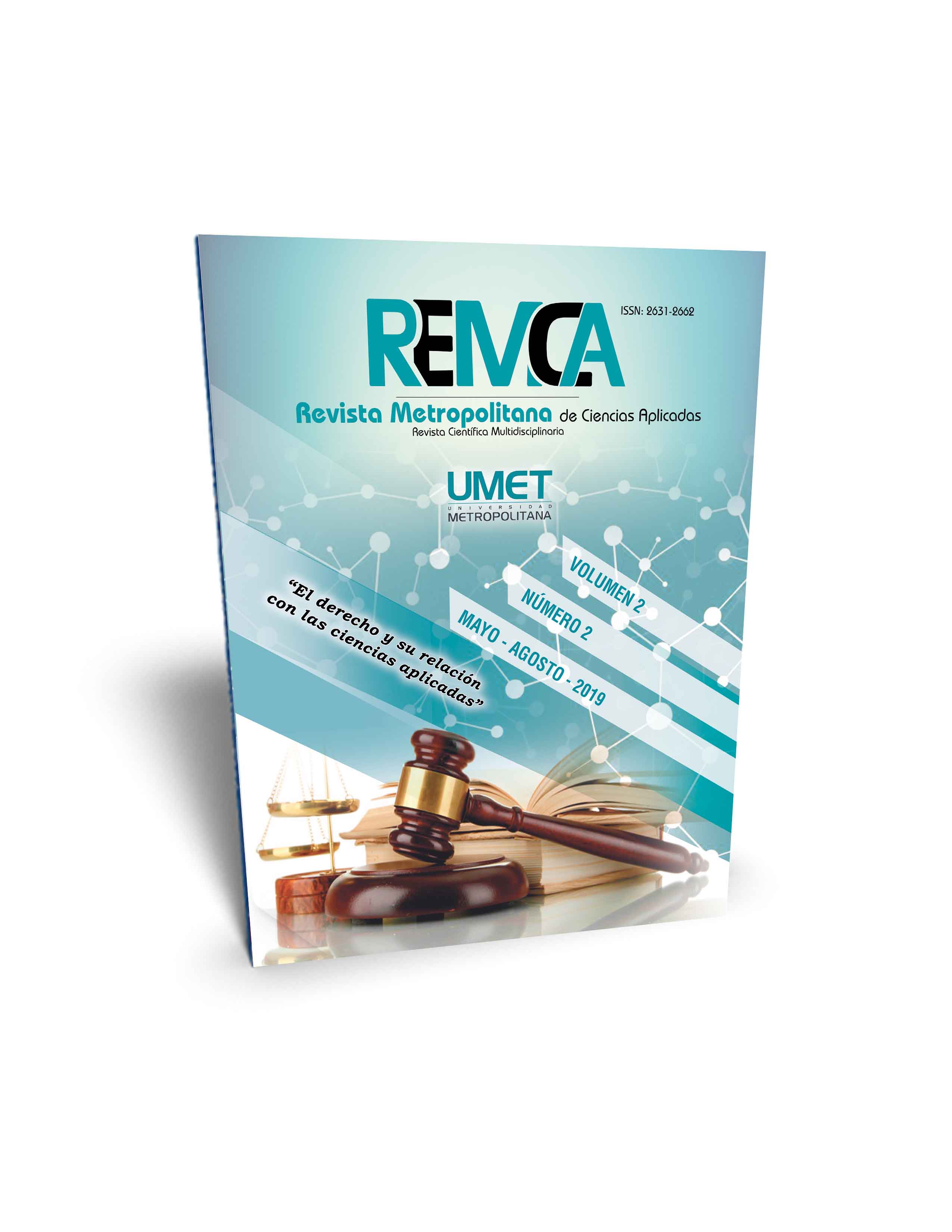Problematizing tasks as a proposal for the development of complex thinking
DOI:
https://doi.org/10.62452/jctv7n68Keywords:
Problem solving, complex thinking, instructional design, educational experience, Information and Communication Technologies and researchAbstract
Complex thinking seen more as a trend or the most current must be seen as a path towards the development of competences that can give tools to solve tasks/projects and these must be considered from the stage of preparation towards the profesional life, it means in the universitary studies; with that in mind the Community Networks Project for the Renewal of Teaching – Learning in Higher Education (RECREA) suggests the application of a guide for the preparation of instructional designs aimed at the development of complex thinking, the application of the research in teaching and the integration of information and communication technologies. Design problem-solving tasks within the instructional design, contribute to learning based on complex thinking and to the development of the competences described in the graduation profile and the objectives of the subjects; achieving educational experiences that are meaningful for learning.
Downloads
References
Castañeda-Figueiras S. Peñalosa-Castro E., Austria-Corrales F. (2012) El aprendizaje complejo: Desafío a la educación superior. Investigación en Educación Médica, 1(3), 140-145. Recuperado de http://riem.facmed.unam.mx/sites/all/archivos/V1Num03/06_AR_EL_APRENDIZAJE_COMPLEJO.PDF
Díaz, A. (2006). La Enseñanza problémica o problematizadora. Una adecuada estrategia pedagógica para mejorar las competencias cognitivas en la educación contable. Lúmina, 19(7). Recuperado de revistasum.umanizales.edu.co/ojs/index.php/Lumina/article/download/1178/1254/
Landín, M. (2015). El proyecto Aula. Una propuesta de innovación para la docencia y la formación profesional. Veracruz: Universidad Veracruzana.
Lara, R., Zúñiga, M., & Pérez, C. (2018). Diseño Instruccional Aprendizaje Complejo. Pachuca de Soto: Universidad Autónoma del Estado de Hidalgo.
México. Universidad Veracruzana. (2010). Pasos para el diseño de tareas/proyectos de aprendizaje para el desarrollo de competencias y pensamiento complejo. Veracruz: Universidad Veracruzana.
Morín, E. (2009). Introducción al pensamiento complejo. Recuperado de http://cursoenlineasincostoedgarmorin.org/images/descargables/Morin_Introduccion_al_pensamiento_complejo.pdf
Ortiz, A. (2009). Didáctica Problematizadora y aprendizaje basado en problemas. Bogotá: Ediciones Litoral.
Redacción Ángulo 7. (2017). BUAP se une a proyecto Recrea; se capacitará cuerpo académico. Recuperado de https://www.angulo7.com.mx/2017/06/11/buap-se-une-proyecto-recrea-se-capacitara-cuerpo-academico/
Van Merriënboer, J., ·& Kirschner, P. A. (2010). Diez pasos para el aprendizaje complejo: Un acercamiento sistemático al diseño instruccional de los cuatro componentes. México: Aseguramiento de la Calidad en la Educación y en el Trabajo.
Downloads
Published
Issue
Section
License
Copyright (c) 2019 Lidia Vianey Álvarez Del Valle, Coralia Juana Pérez Maya, Rosamary Selene Lara Villanueva (Autor/a)

This work is licensed under a Creative Commons Attribution-NonCommercial-ShareAlike 4.0 International License.
Authors who publish in Revista Metropolitana de Ciencias Aplicadas (REMCA), agree to the following terms:
1. Copyright
Authors retain unrestricted copyright to their work. Authors grant the journal the right of first publication. To this end, they assign the journal non-exclusive exploitation rights (reproduction, distribution, public communication, and transformation). Authors may enter into additional agreements for the non-exclusive distribution of the version of the work published in the journal, provided that acknowledgment of its initial publication in this journal is given.
© The authors.
2. License
The articles are published in the journal under the Creative Commons Attribution-NonCommercial-ShareAlike 4.0 International License (CC BY-NC-SA 4.0). The terms can be found at: https://creativecommons.org/licenses/by-nc-sa/4.0/deed.en
This license allows:
- Sharing: Copying and redistributing the material in any medium or format.
- Adapting: Remixing, transforming, and building upon the material.
Under the following terms:
- Attribution: You must give appropriate credit, provide a link to the license, and indicate if any changes were made. You may do this in any reasonable manner, but not in any way that suggests the licensor endorses or sponsors your use.
- NonCommercial: You may not use the material for commercial purposes.
- ShareAlike: If you remix, transform, or build upon the material, you must distribute your creation under the same license as the original work.
There are no additional restrictions. You may not apply legal terms or technological measures that legally restrict others from doing anything the license permits.




